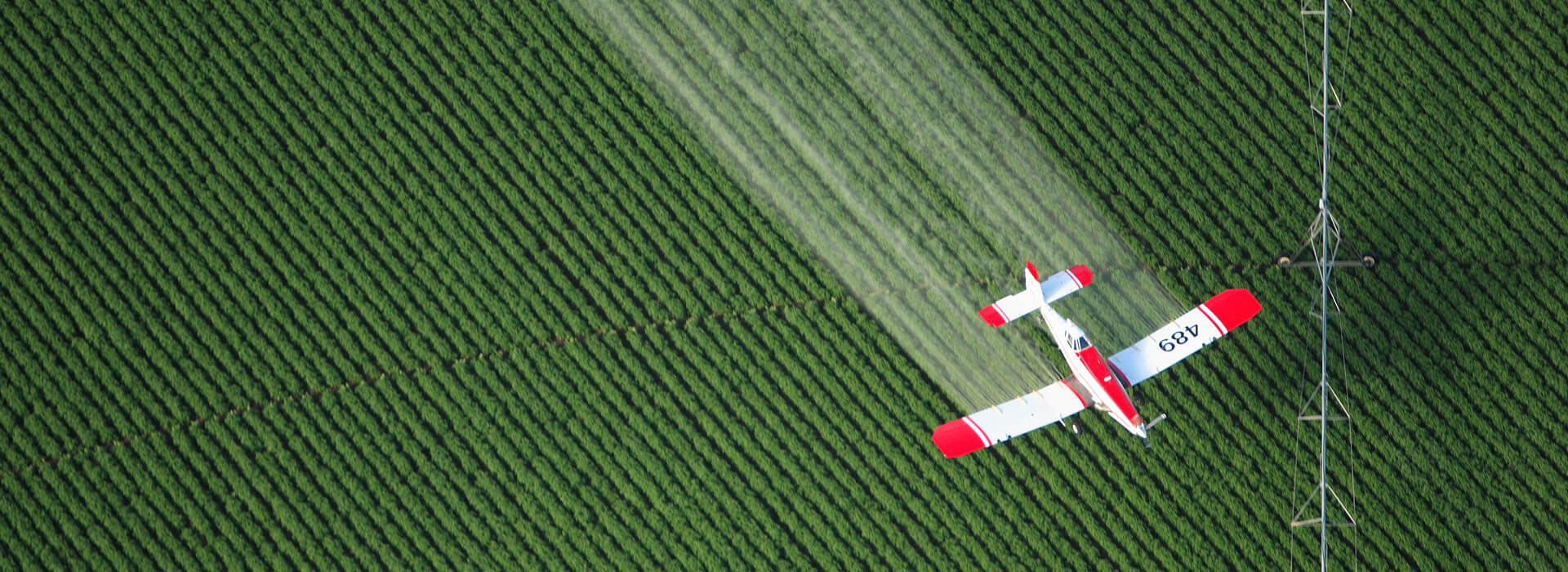They are readily available on store shelves, used on everything from produce to pets. But many pesticides have harmful, even deadly, impacts.
Thousands of Swainson's Hawks were found dead in agricultural fields in Argentina in the mid-1990s. When the mystery was solved, a commonly used pesticide was identified as the culprit. It's just one example of pesticides marketed as “safe” later being deemed deadly, and it's why our Pesticides Program works so hard to eliminate toxic chemicals.
A current example is neonicotinoids, or “neonics,” now the most-used pesticides on Earth. Neonics are contributing to die-offs of honeybees. They are also so deadly to birds that a single neonic-coated seed can kill a songbird. Birds that frequent agricultural fields, like Bobolink, are particularly at risk.
Rats and Raptors
The rat poison d-CON is another example. It was long ago discovered to be deadly to predators, like hawks and owls. These raptors die after eating rodents sickened by the poison. It took many years of advocacy and legal action to convince the maker to pull the worst of these products from retail shelves.
This victory over d-CON, a huge win for our Pesticides Program and our partners, finally occurred in 2014.
Reducing Pesticides' Risk to Birds
When ABC was formed in 1994, “fearlessness” was one of the ideals that inspired us. Taking on bad actors in the corporate world is not easy, but success is possible—and necessary to prevent the needless deaths of birds and other wildlife.
We continue to fight the worst pesticides, including pushing the U.S. Environmental Protection Agency to require more review of dangerous chemicals and more accountability for pesticide manufacturers.













































